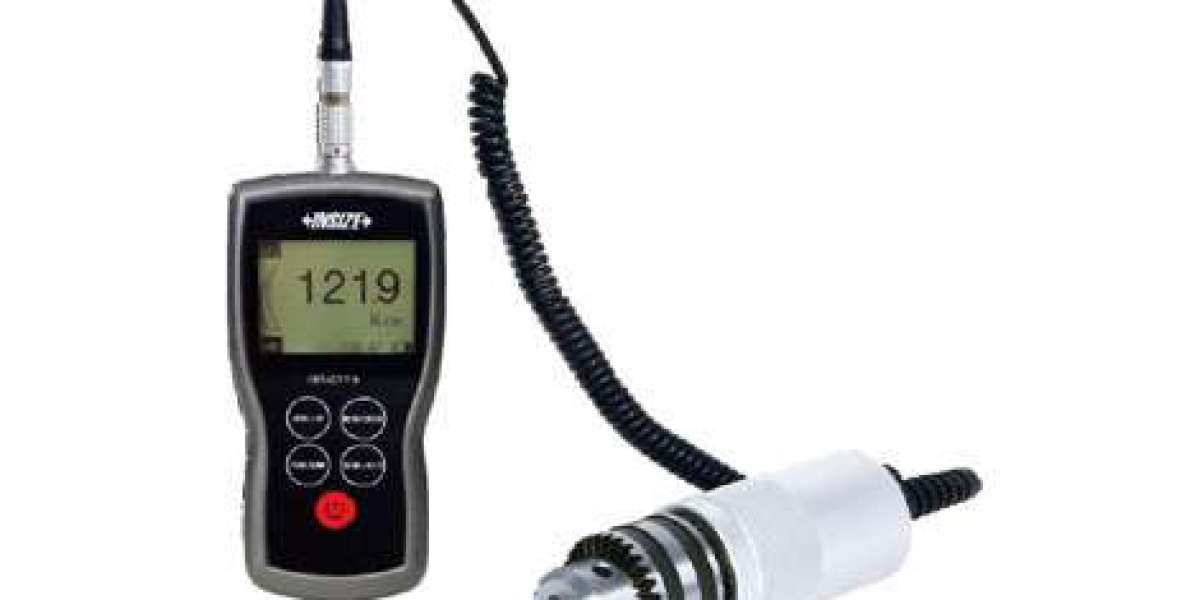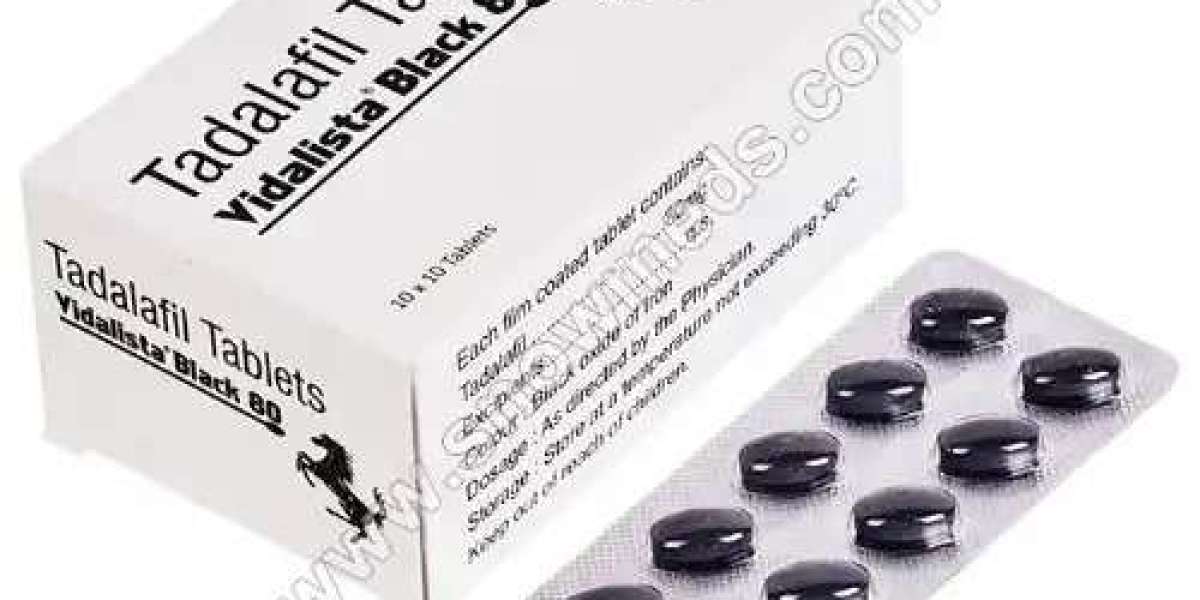Understanding Torque Testers:
Torque testers are specialized instruments used to measure and analyze applied torque values. They provide a precise and reliable way to verify that fasteners are tightened to the exact specifications. Torque testers typically consist of a drive unit that connects to the fastener or tool (e.g., socket wrench) and a sensor that measures the applied torque. This data is then displayed on a digital readout, allowing for accurate torque measurement and analysis.
Unlike torque wrenches used for applying torque, torque testers measure the torque already applied. This allows manufacturers to:
Verify the Accuracy of Torque Wrenches:
By periodically testing torque wrenches with a torque tester, manufacturers can ensure they are delivering the intended torque values.
Test Fastener Strength:
Torque testers can be used to test the strength of individual fasteners or assembled components, verifying their ability to withstand the desired torque loads.
Establish Production Baselines:
Manufacturers can use torque testers to establish baseline torque values for specific fastening applications within their production processes.
Monitor Production Consistency:
Regular torque testing throughout production helps identify potential deviations from torque specifications, allowing for corrective actions and maintaining consistent quality.
Integrating Torque Testers into Your Quality Control Workflow:
Here's how you can effectively integrate torque testers into your quality control system:
Identify Critical Fastening Points:
Analyze your manufacturing processes and identify key points where proper torque application is crucial for product safety and performance.
Define Torque Specifications:
Establish clear and documented torque specifications for each critical fastening point. These specifications should be based on manufacturer recommendations for the specific fasteners and materials being used.
Select the Right Torque Tester:
Choose a torque tester with a suitable torque range and testing mode (rotary or reaction) to accommodate your specific application requirements.
Develop Testing Procedures:
Establish clear and documented testing procedures that outline the steps involved in using the torque tester, including sample selection, testing frequency, and data recording.
Train Your Personnel:
Provide proper training to your quality control personnel on the operation and functionality of the torque tester and the established testing procedures.
Data Analysis and Corrective Actions:
Regularly analyze the collected torque data to identify any deviations from specifications. Implement corrective actions promptly to address any inconsistencies or potential quality issues.
Maintain and Calibrate Your Torque Tester:
Regularly maintain and calibrate your torque tester according to the manufacturer's recommendations. This ensures the accuracy of your measurements and the reliability of your quality control system.
Important Note:
When integrating torque testers into your workflow, consider factors like production volume, testing frequency requirements, and the need for portability of the testing equipment.
The Benefits of Using Torque Testers for Quality Control:
Integrating torque testers into your quality control system offers several advantages:
Enhanced Product Quality:
By verifying and ensuring proper torque application, torque testers help prevent product failures and ensure consistent product quality.
Improved Safety:
Proper torque application is crucial for the safety and functionality of many products. Torque testers help identify and address potential fastening issues that could lead to safety hazards.
Reduced Production Costs:
By preventing defective products and rework, torque testers can help minimize production costs associated with quality issues.
Increased Customer Satisfaction:
Consistent and reliable product quality contributes to increased customer satisfaction and brand reputation.
Streamlined Production Processes:
Integrating torque testing into your workflow can help identify and address potential issues early in the production process, promoting efficiency and avoiding costly delays.
Final Thoughts:
Torque testers are powerful tools that can significantly enhance your quality control system. By integrating them into your workflow and establishing clear testing procedures, you can ensure consistent and reliable torque application throughout your manufacturing processes. This translates to higher quality products, improved safety, and ultimately, increased customer satisfaction. So, consider incorporating torque testers as a valuable asset in your quality control toolbox, guaranteeing a future of secure and reliable fastening within your manufacturing operations. Torque tester







